Afghan Enigma
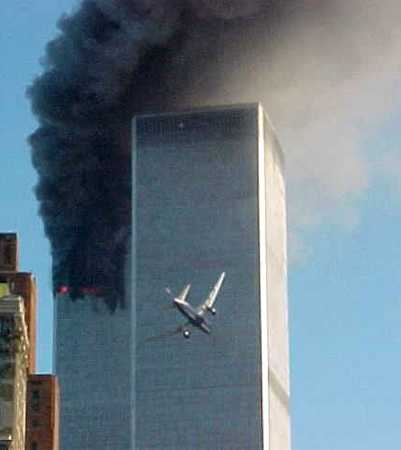
By: Wayne Brown
With the debacle surrounding our change of command in Afghanistan, there has been much discussion in the past few days regarding our counter-insurgency efforts to win the hearts and minds of the local tribal people, strengthen the government structure, and get them operating effectively on their own. In doing so, our hope is that the Afghans will then throw the terrorists out of their country and deprive them of a sanctuary. Much like our efforts in Vietnam back in the 1960-70’s, the goal is a noble one but possibly not a realistic one to pursue.
The USA has been involved in military action in Afghanistan now longer than we were in Vietnam. The main difference is that we have suffered a lot less in terms of casualties over that timeframe. Still, much like Vietnam, we have not accomplished our goals and we seem to be either fighting corruptions or playing golf with a dead man in terms of the efforts we seem to be securing from the Afghan tribes in this process. From that perspective, the outcome so far is not so different from Vietnam. There seems to be a large abyss between our effort to “sell democracy” and the Afghan tribes’ ability to embrace the concept. Could it be that these people are far too involved with just the daily task of surviving to be overly concerned about creating a democratic process or regaining control of their country. In fact, one could make the argument that even if they could establish an effective democratic government which was relatively free of corruption, how effective would they be in ridding themselves of their terrorist residence. Maybe they are like us…having a bit of trouble locating them in the terrain of Afghanistan.
We certainly are investing a lot of time and financial assets in the process of attaining our goals in this country. We made similar investments in Vietnam building long concrete runways for our aircraft, digging deep water harbors and ports for our ships, erecting operating bases complete with buildings to house our personnel. We gave all the appearances in Vietnam that we had come to stay a while and we did. In the end, we loaded up our people, gave away our equipment or tossed it into the ocean and came home. After watching Lyndon Johnson cry regularly on television over all the blood he was shedding only to continue to drag out the operations or render them so ineffective that we had no possible hope of attaining our objectives. We packed up and came home. America cheered and many of our own celebrated the fact that we had “lost the war.” In the end, all we had to measure our progress was a body count of 58,000 of our own dead. In the end, no one back home cared how many of their boys we killed, all that is forgotten in light of our own dead loved ones.
Now, don’t take me wrong here. I am not espousing that we give up the war on terror, turn tail and run like some would have us do. I am saying that maybe we need to reassess what we are doing, how we are doing it, and what we likely will accomplish if we stay this course. Here’s an example for you. Nixon was convinced that he could bomb North Vietnam into submission and he pursued that effort in order to try to bring enough suffering to elicit compromise on their part. We dropped bombs, tons of bombs all over that God forsaken land leaving potholes and craters that will be there long after we have all departed this earth. We bombed, then we bombed again and again. We tried to bomb the valleys and hit the tops of the hills missing our mark. A much better strategy could have been employed but in much the same fashion. We simply could have substituted bowling balls for bombs. The bombers would have been used to deliver the same tonnage of bowling balls to the same targets. These balls would have no finger holes drilled in them and all would have been coated with a thick layer of axle grease. The bowling balls, when dropped, would have still hit on the top of the hill but they would then roll down into the valley and blocked the road. All the little commies would have been so busy trying to pick up these greasy balls and get them out of the road that they would not have been able to prosecute the war effort and would have given up in disgust and frustration. But we were too stubborn to change, we persisted in dropping bombs and fell short of our objective. We need to weigh Afghanistan against this backdrop of history.
Look back at history of all the wars and struggling which has transpired in Afghanistan over the centuries. There have been no real winners. It has been and probably always will be a wild and wooly land inhabited by tribal people who look at little other than their own daily existence and only as far as their eyes can see in any one direction. They operate on their instincts to survive. Any order or government control will be potentially established and controlled in the major metropolitan areas. Terrorists operations will be far from these population bases and hidden away in the most rugged areas of the back country. We can either bomb these areas to oblivion or we can go in on foot and try to rout them out one by one. One of these options is unacceptable to our leadership and the other is a slow-meat grinding process that steadily adds to a body count of our own as the only real measure of progress. On that basis, it differs little from Vietnam.
The reality of the war on terror is that it is almost a “virtual war” in that it does not play itself out with any specific ties to real estate. It is fluid and mobile and any attempts to counter it must be fluid and mobile as well. It bears little resemblance to traditional warfare until the terrorist are physically trapped and must fight to survive. Success in trapping them relies greatly on obtaining accurate and timely intelligence that will allow a response before the targets relocate. The size of the enemy forces and their capability are not easily assessed. In terms of physical appearance, the terrorist blend well with the people among whom they hide. Here again, these factors are quite similar to those of Vietnam in many ways.
From the perspective of our own safety and survival, we cannot afford to abandon the war on terror. We cannot show these people any inkling that we will waiver in our efforts or tire in our pursuit of them. If we should elect that mindset, we are sitting ducks just waiting the chaos to ensue on our home grounds. Our country will quickly become an environment of fear and potential death. All aspects of our society will become unstable and the failure of our society will be basically guaranteed. On that basis, Afghanistan is a bitter pill we must swallow on our way to dominating this evil that lives among us. Afghanistan may well be the enigma in the war on terror.
© Copyright WBrown2010. All Rights Reserved.

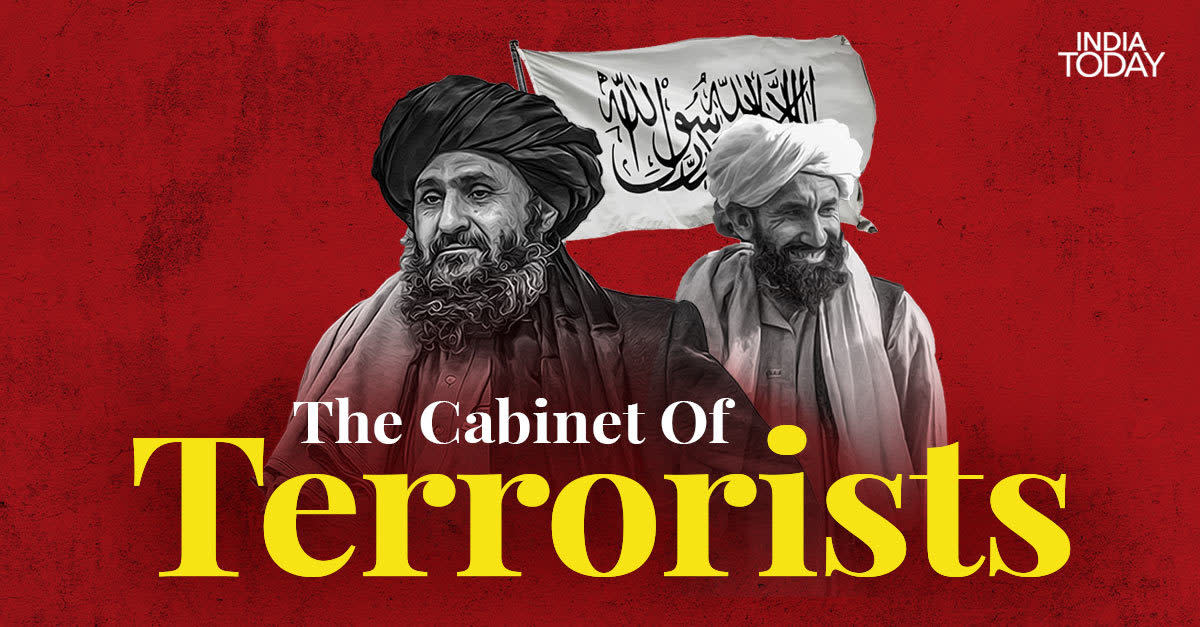

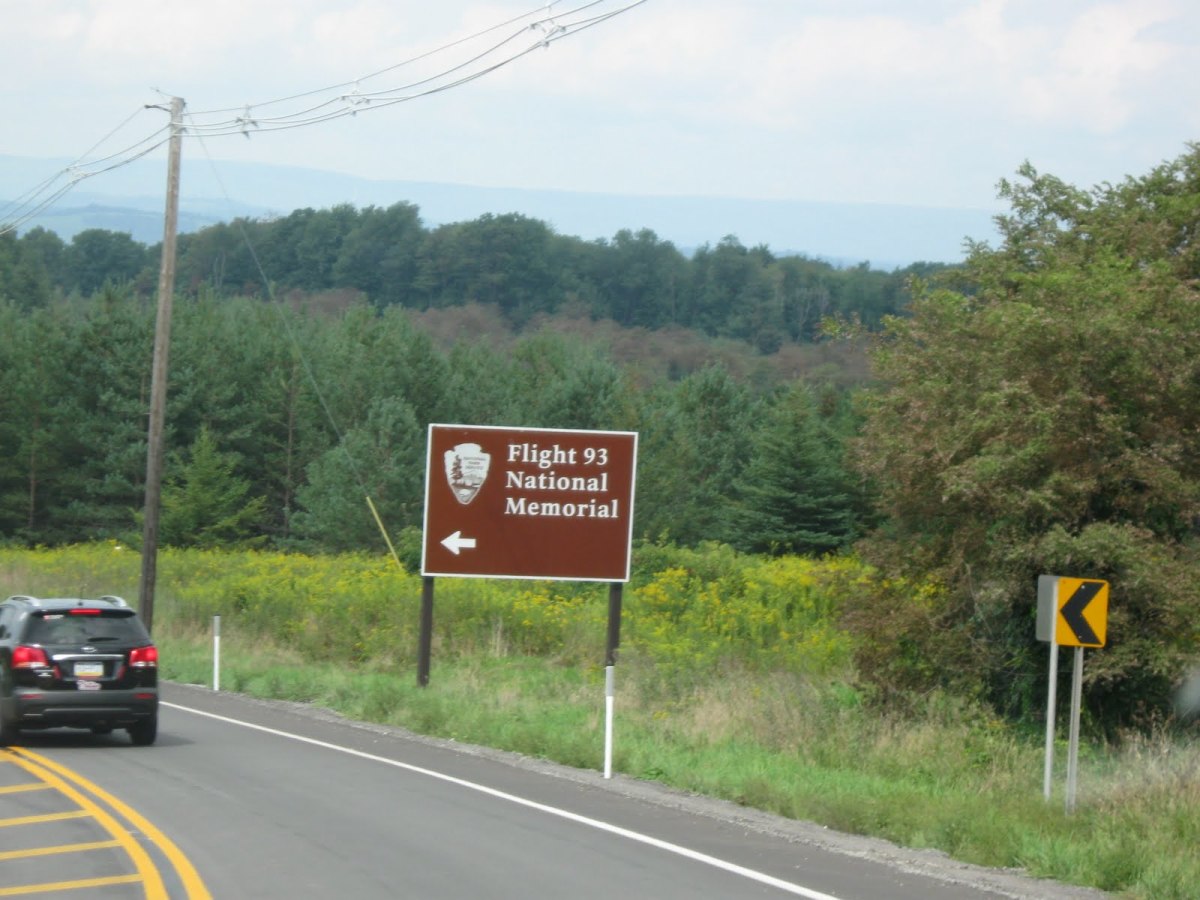
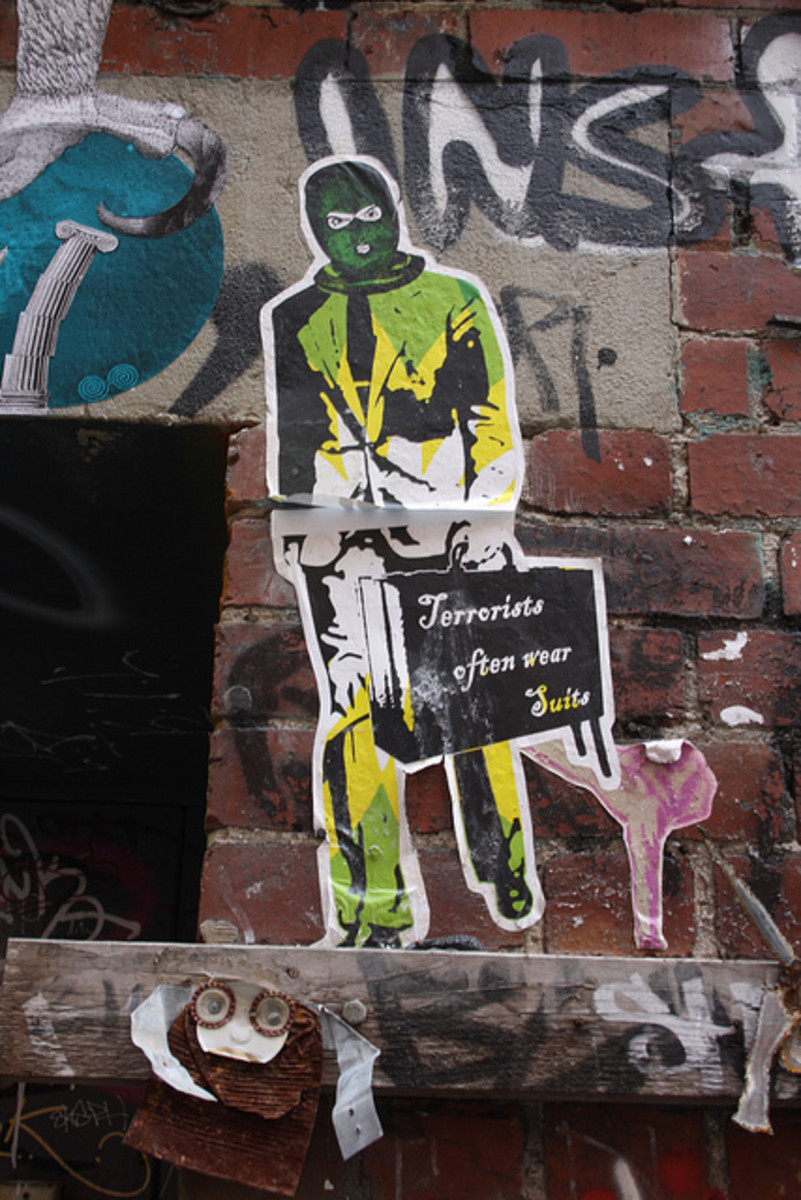
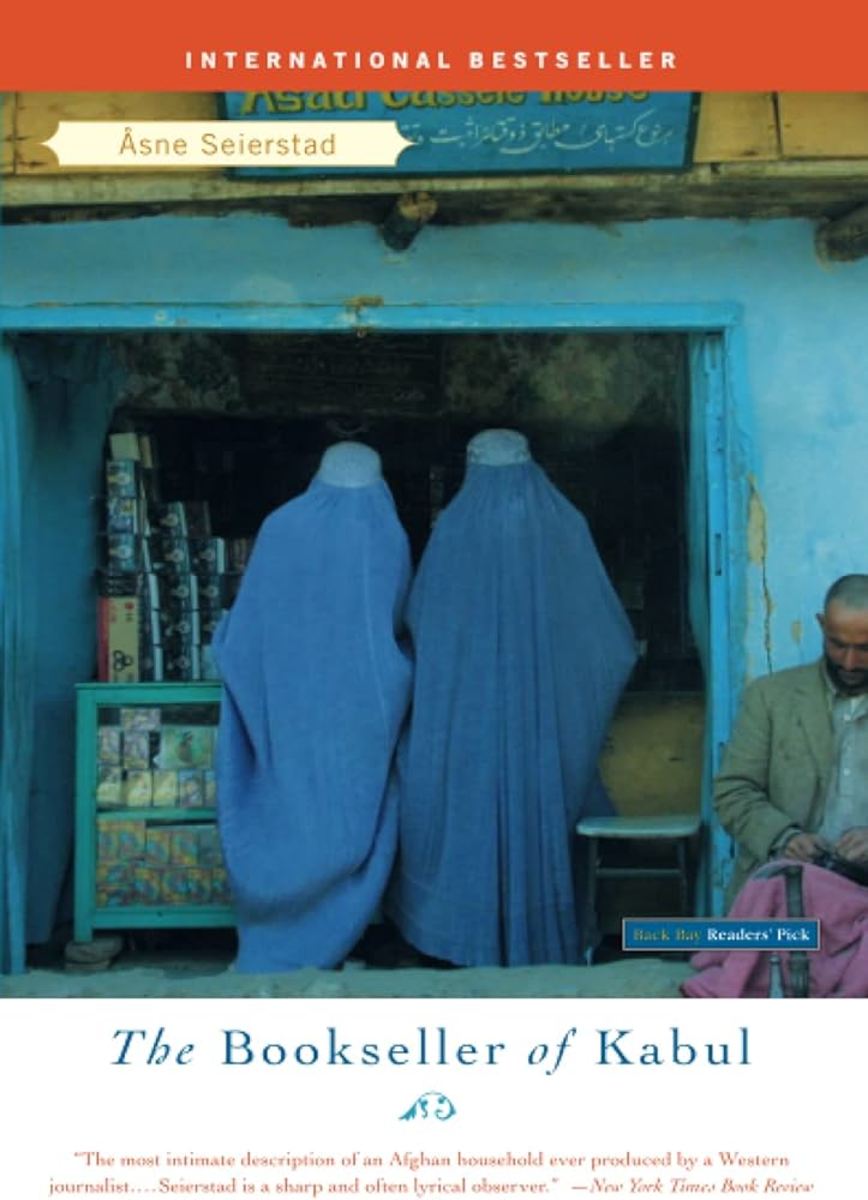
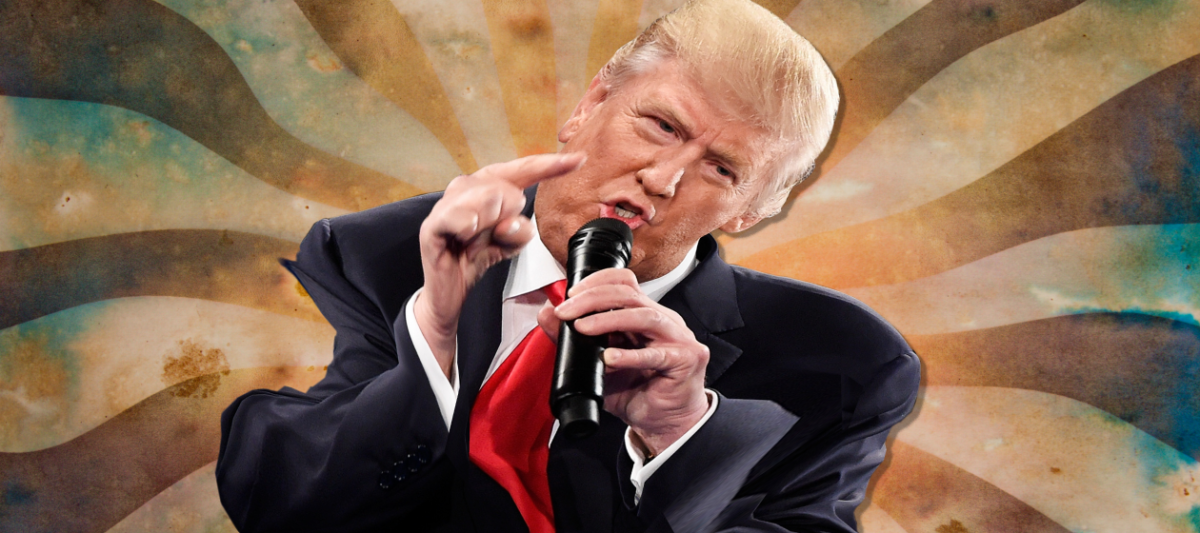
![American Politics: The BIG LIE in Politics, From The Republican Presidential Convention [124] American Politics: The BIG LIE in Politics, From The Republican Presidential Convention [124]](https://images.saymedia-content.com/.image/t_share/MTc2NDYyMjI1MzEyNjU1MzIy/the-big-lie-in-politics-from-the-conservative-side.jpg)
